All Issues


How We Come to Imagine Freedom
This issue looks at artistic practices that remember, resist, and redefine themselves to exist outside of colonial frameworks. It features essays on topics such as archives and Kurdish identity formation; the intersection of embodiment, institutional trauma, and ethical social relationships viewed through a queercrip lens; and agroecology as a means of resisting capitalist agriculture while preserving farmers’ autonomy and generational knowledge. The issue includes reviews of the 15th Gwangju Biennale and the Lithuanian film Toxic, alongside interviews with Larissa Sansour, Søren Lind, and Joel Slotte.
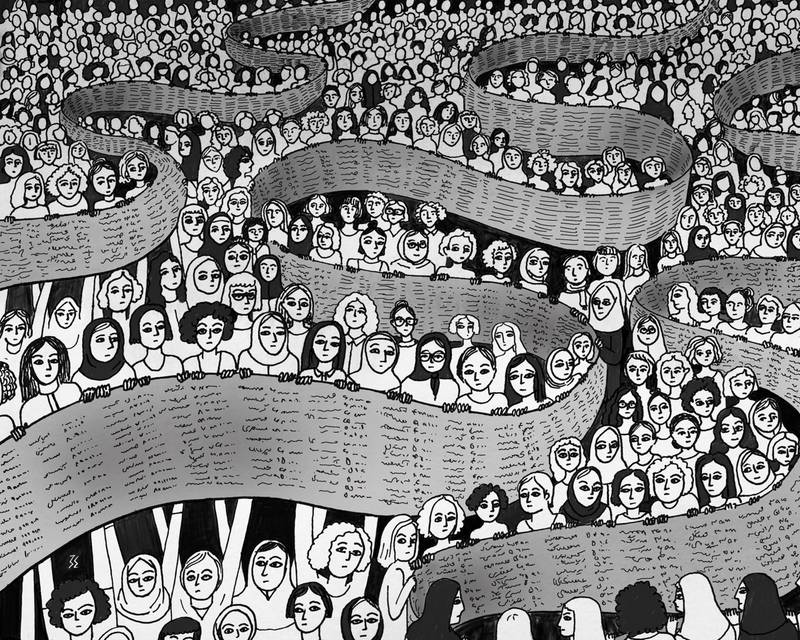

To Work with the Silences in History
This issue looks at the movement of voices and perspectives towards determination and validation to position various social, cultural, personal, and geopolitical peripheries to be acknowledged and embraced.
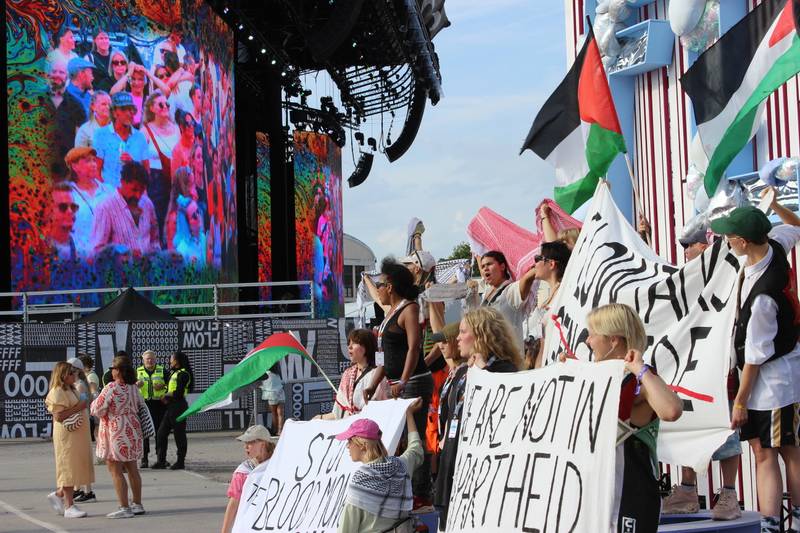

Navigating the Shadows of Towering Institutions
This issue looks at how challenging and dismantling entrenched power structures can create space for cultivating independent thought and critical enquiry.


Rebellion is on Their Way
This issue looks into various artistic expressions of dissent against the settler-colonial state of israel amid the ongoing genocide of Palestinians in Gaza.
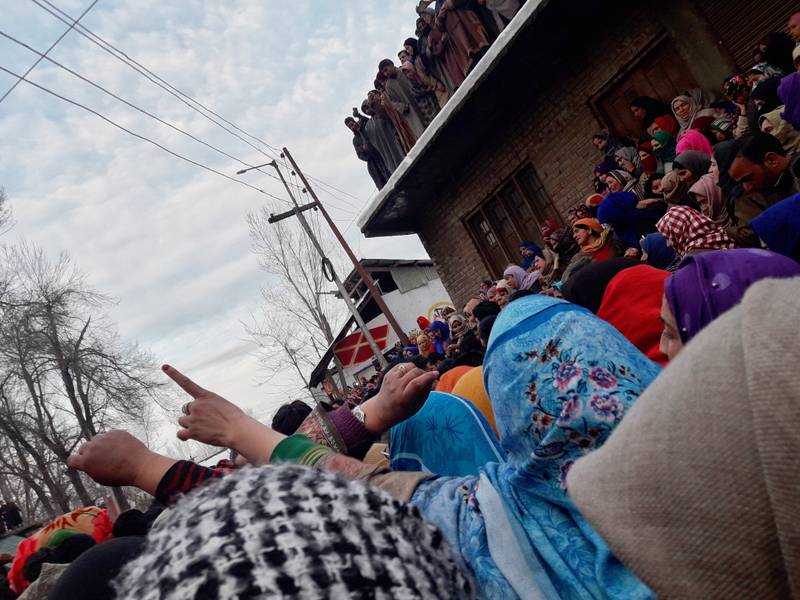

The Politics of Domination by Spectacle
This issue delves into the struggle between surface-level spectacle and substantive dialogue, exploring the efficacy of photography as a tool for broader social diagnosis, artistic exploration and catalytic change.
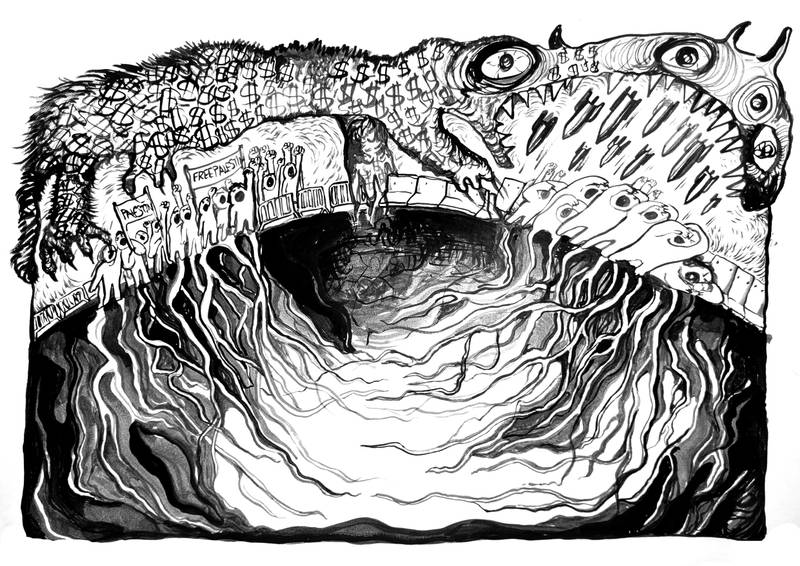

Disrupting Rhetoric, Defining Tenor
This issue addresses the responsibility for critical thinking and collective action by highlighting the trajectories shaping the world today. It explores the complications of community and relationships, rigour of thought, and resilience in the face of war and offers artistic visions and narratives of lived experience that envision a more equitable and participatory future.
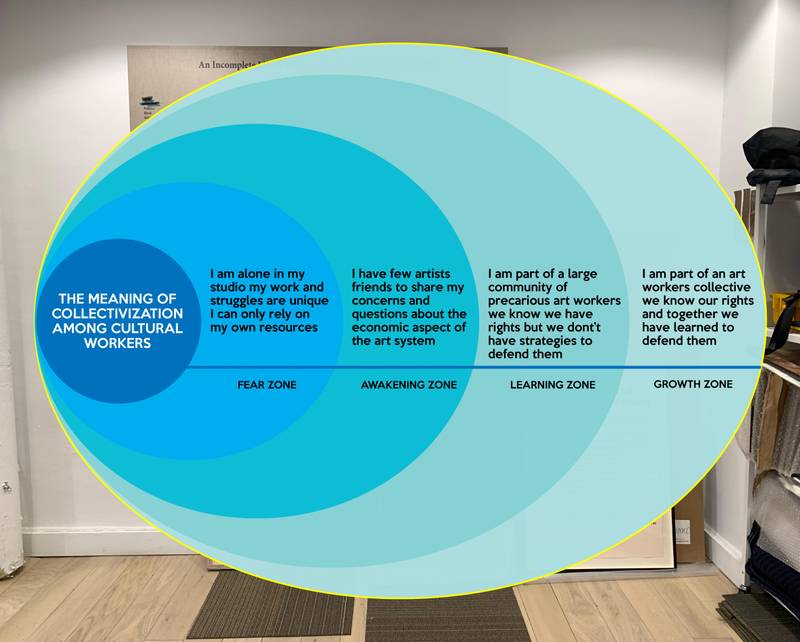

The Meaning of Collectivisation Among Cultural Workers
This issue explores the intricacies of seemingly progressive systems, insisting on recognising the structural flaws that perpetuate inequality to be able to effectively address methods of creating and maintaining an equitable work environment.